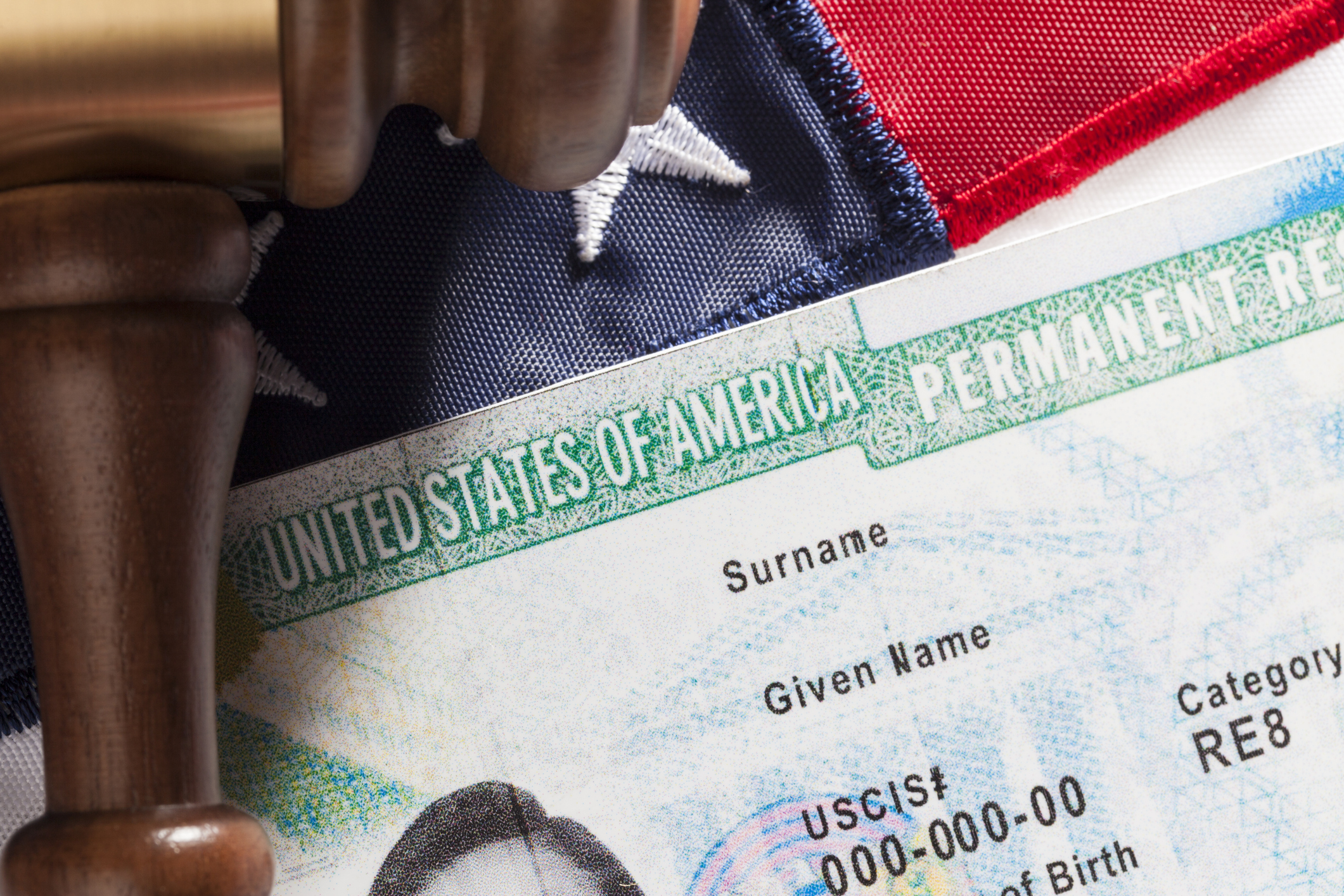The Trump administration recently announced a new policy change aimed at restricting legal immigration. The administration stated that it would put policies in place that would deny green cards to immigrants who received various forms of public assistance, such as nutrition assistance (food stamps), Medicaid, and housing assistance. The change in policy could impact thousands of immigrants seeking legal means into the country. If you need assistance with a green card application or appealing an immigration decision, contact a Virginia immigration attorney.
10 Things About Trump’s New Green Card Rules
- The fact that an immigrant has received or is receiving public assistance will be weighed with other factors when determining to approve or deny a petition for legal status.
- The new rules are scheduled to become effective in mid-October.
- The new immigration rules do not apply to U.S. citizens, but the new laws can apply to immigrants related to U.S. citizens.
- According to the new immigration rules, a public charge is now someone who is “more likely than not” to receiving public benefits or assistance for at least 12 months or longer during a 3-year period.
- If someone receives two different types of benefits each month, each benefit counts individually for each month for the purpose of the definition of public charge. Therefore, if a person receives foods stamps and housing assistance the first month, DHS considers that person to have received two months out of the 12 months needed to define the person as a public charge.
- The definition now includes housing assistance, Medicaid, and SNAP (Supplemental Nutrition Assistance Program). By broadening the programs that meet the definition of public charge, more immigrants meet the definition of a public charge.
- Women who are pregnant and on Medicaid are not subject to the new green card rules during the pregnancy or for 60 days after the birth of their child.
- Other people who are exempt from the new rules include refugees, U.S. military members, and asylum seekers.
- Some public assistance benefits are not included, such as school lunch programs, student loans, emergency medical assistance, foster care, food pantries, disaster relief, adoption, mortgages, and homeless shelters. Also, benefits received by children until the age of 21 will not be counted as public assistance under the new green card rules.
- Green card applicants are now required to submit a history of employment and copies of three years of federal income tax returns.
Virginia Immigration Attorney
The Trump administration claims that the new rules will ensure that immigrants who enter the United States are self-sufficient instead of becoming a burden on the country. However, immigrants make up only a small amount of the individuals who receive government assistance. Many individuals are not eligible for benefits because of their immigration status. Sadly, the new rules will likely frighten individuals from seeking help when they need the most.
If you have questions about the new immigration policy related to government assistance programs or other immigration laws, schedule a consult with an experienced immigration attorney for assistance.
Posted in: Immigration
posted on: October 2, 2019


